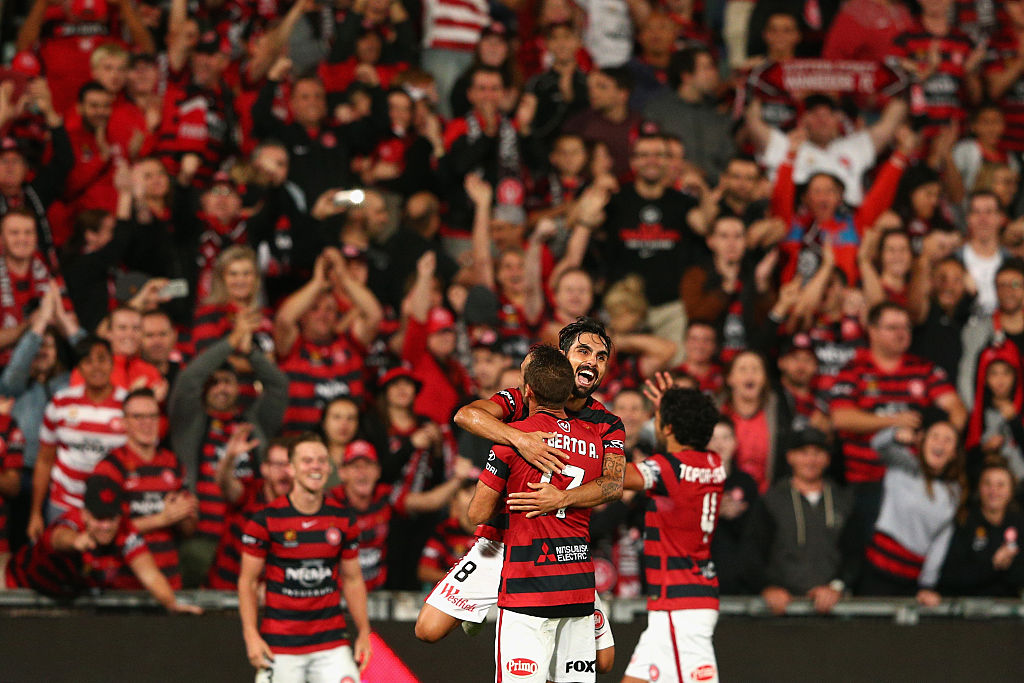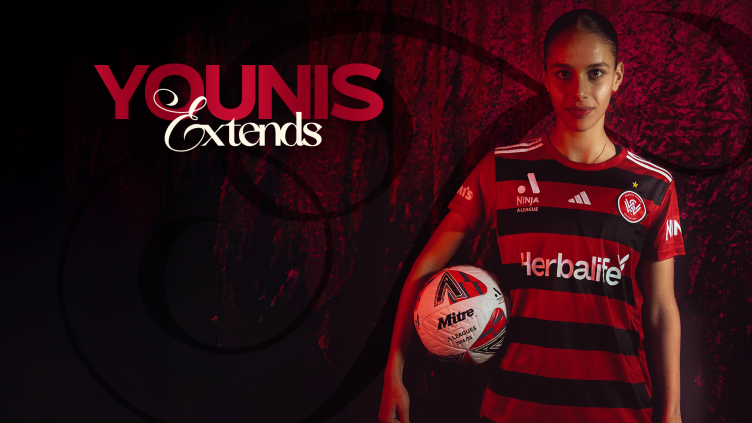Nothing unites the world like football, and the global mix of the players is one of the things that has helped make the Hyundai A-League such a thrilling mix of different styles and sporting beliefs.
Nothing unites the world like football, and the global mix of the players is one of the things that has helped make the Hyundai A-League such a thrilling mix of different styles and sporting beliefs.
Harmony Day, held each year on March 21, is Australia’s celebration of cultural diversity. It is a day which embraces inclusivity, and looks to recognise and celebrate the many nations and cultures that make Australia the rich and vibrant country it is.
With memories of last Friday’s Christchurch terror attacks still fresh in the mind, the search for harmony has rarely been more to the forefront for people across New Zealand and Australia.
Today, we celebrate the cultural diversity that earns football its title of ‘the world game’, played on dusty streets, local parks and state-of-the-art stadiums right across the planet.
This is echoed in the Hyundai A-League, which was home to 243 players across 30 different nations in season 2018/19.
In total, players with nationalities from 65 countries have featured in the league (since 2005/06).
Players from as far and wide as Afghanistan, Burundi, Finland and Suriname have all featured at some point in the competition’s history, with Hyundai A-League players having been born in 80 different countries.
Let’s look at the myriad of different cultures and nations that make the Hyundai A-League a reflection of multicultural Australia.
For more information about harmony day, click HERE.
Spaniards lead the way in 2018/19
Outside of players from Australia (172) and New Zealand (15), Spain is the next-highest represented nation, with eight players lacing up their boots for Hyundai A-League clubs this season.
Spanish players have taken the Hyundai A-League by storm in recent years, not least in the 2015/16 campaign which saw 12 Spaniards involved across the country.
Six players from the country took to the pitch for that season’s Grand Final between Adelaide United and Western Sydney Wanderers, with midfield maestro Isaias and former Barcelona man Guillermo Amor key performers in leading the Reds to their maiden Championship.

Since the competition’s inception, there has only been one nation outside of Australia and New Zealand with higher representation in a single season than Spain in 2015/16 – that honour falling to Brazil, with 13 players in the 2007/08 and 2009/10 seasons.
From when it first kicked-off in 2005/06, the Hyundai A-League has had at least one player from Brazil every season.
The only other nations to have at least one player in every season outside of Australia and New Zealand are England and the Netherlands.
Dutch players are particularly well represented this season, with the likes of Bart Schenkeveld, Siem de Jong, Jop van der Linden, Roly Bonevacia, Jordy Thomassen and Tom Hiariej all plying their trade in the league.
.jpg)
Sweden registered its first Hyundai A-League player this season, through Melbourne Victory’s Ola Toivonen, meaning a total of 65 different nationalities have now featured in the competition.
Refugees and asylum seekers: stories of triumph in the Hyundai A-League
Many Australians are from refugee backgrounds, and Harmony Day provides a wonderful chance for people to reflect on their success stories of inclusivity.
The Hyundai A-League has been full of similarly inspiring tales of the strength of the human spirit.
One of the most recent has been Melbourne Victory’s Elvis Kamsoba.
The 22-year-old Burundi-born attacker spent 11 years in a refugee camp before arriving in Australia, growing up in Adelaide and grafting through the National Premier Leagues before earning his chance with the Victory.
That is also a path taken by Caltex Socceroos Awer Mabil (pictured top in his Adelaide United days) and Thomas Deng, who were childhood friends in suburban Adelaide, after their families fled conflict in Sudan and refugee camps in Kenya to ultimately represent Australia, each making his debut against Kuwait in October 2018.
It is a story that has inspired a generation of African-Australian migrants – including Western Sydney Wanderers striker Abraham Majok.

Majok, who is Mabil’s distant cousin through a relation of his grandmother, says he wants to emulate the example set by the current FC Midtjylland attacker for children growing up in Western Sydney, Australia’s most ethnically diverse region.
“It’s crazy how far he’s [Mabil] gone now,” Majok told www.aleague.com.au in January.
“Having people like him there sets a standard to show that anything is possible, regardless of where you come from.
“It gives you that hope that although, OK, I’m in a different country and different culture, there’s opportunities out there for you to make something of yourself.”





